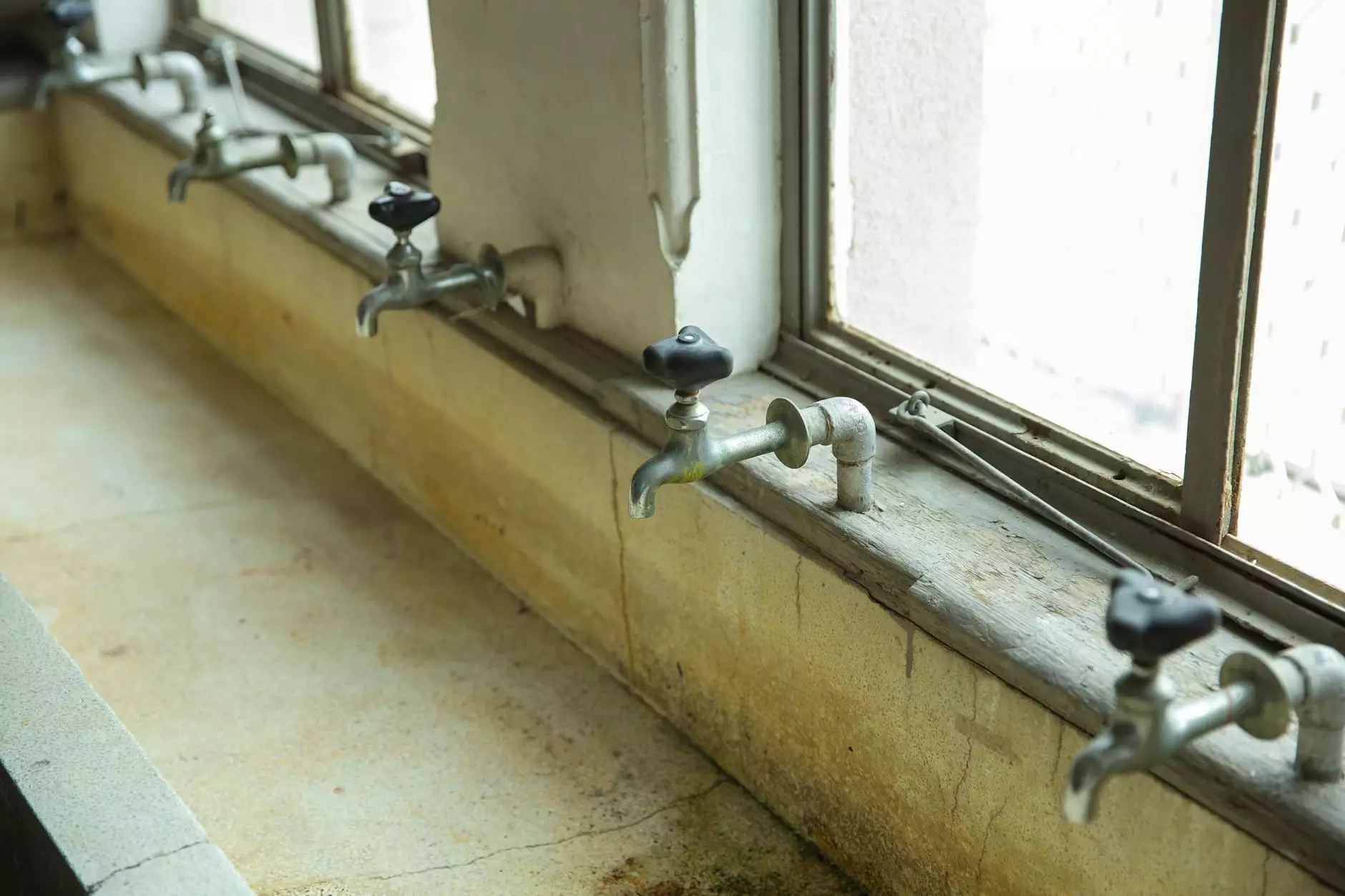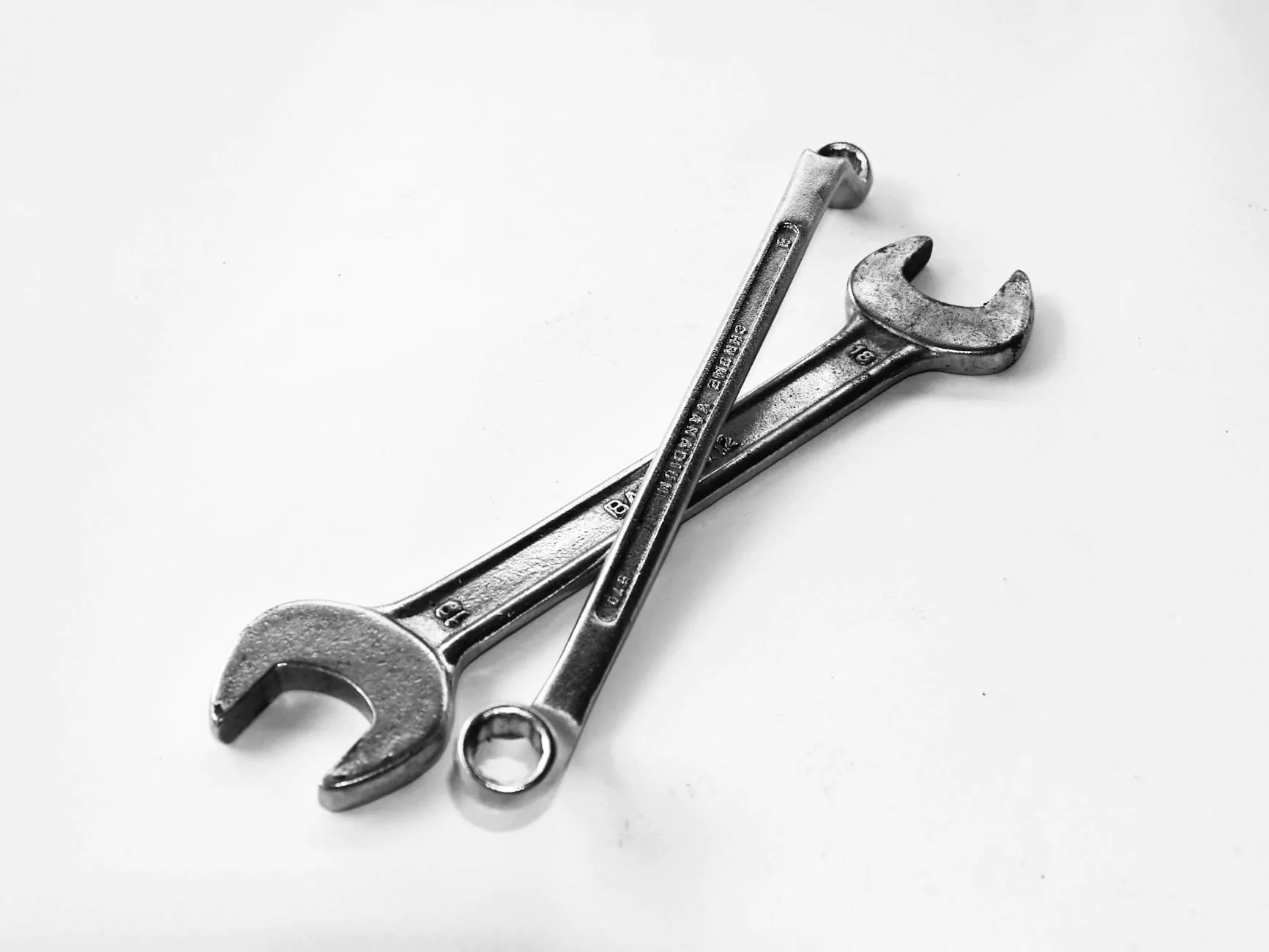Hydraulic Ball Valve: Leading the Way in Fluid Control Solutions

The hydraulic ball valve is an essential component in numerous industrial applications, serving as a vital mechanism for fluid control. Used in systems ranging from manufacturing plants to water treatment facilities, these valves offer reliability and efficiency that make them indispensable. In this comprehensive article, we will delve into the intricate details of hydraulic ball valves, exploring their functionality, types, advantages, and applications in various industries.
Understanding Hydraulic Ball Valves
A hydraulic ball valve operates on a simple yet effective design. It comprises a ball with a hole (or port) through its center, which can be rotated to control the flow of liquid or gas through the valve. When the port is aligned with the pipe, fluid flows freely; when the ball is rotated 90 degrees, the flow is stopped. This straightforward mechanism provides excellent sealing capabilities and minimal pressure drop.
The Anatomy of a Hydraulic Ball Valve
To appreciate the functionality of a hydraulic ball valve, it's crucial to understand its components:
- Body: The main part that contains the internal components.
- Ball: The primary element that controls the flow of fluid.
- Seats: Made of rubber or PTFE, these ensure a tight seal around the ball.
- Stem: Connects the ball to the handle, facilitating rotation.
- Handle: Allows manual operation of the valve.
- End connections: Where the valve connects to pipes, available in various types such as threaded, welded, or flanged.
Types of Hydraulic Ball Valves
Hydraulic ball valves come in several types, each designed for specific applications:
1. Floating Ball Valves
The most common type, floating ball valves, have a ball that is not fixed in position. It floats and is pushed against the seat by the fluid pressure, ensuring a tight seal during operation. These valves are ideal for low-pressure applications.
2. Trunnion Mounted Ball Valves
Trunnion mounted ball valves feature a ball that is fixed at the top and bottom by a trunnion. This design allows them to handle larger sizes and higher pressure applications effectively, making them suitable for oil and gas industries.
3. Full-Bore Ball Valves
These valves have a larger diameter compared to the pipe size, providing unrestricted flow and minimal turbulence. They are ideal for applications requiring a smooth flow of liquids.
4. Reduced Bore Ball Valves
Conversely, reduced bore ball valves feature a smaller diameter than the pipe, resulting in higher velocity through the valve. They are often used in situations where flow control is crucial.
Advantages of Hydraulic Ball Valves
Hydraulic ball valves offer numerous benefits that contribute to their widespread use across industries:
- Reliable Sealing: The design provides an excellent seal, preventing leaks and ensuring process integrity.
- Minimal Pressure Drop: Their design allows for efficient flow control with minimal resistance, reducing energy consumption.
- Durability: With robust materials and construction, ball valves can withstand harsh environments and chemicals.
- Quick Operation: The 90-degree rotation allows for rapid opening and closing, facilitating fast operational changes.
- Versatility: Hydraulic ball valves can be used for both liquids and gases, making them suitable for a wide range of applications.
Applications of Hydraulic Ball Valves
Due to their numerous advantages, hydraulic ball valves find applications across various industries, including:
1. Oil and Gas Industry
The oil and gas sector relies heavily on hydraulic ball valves for upstream production, midstream transportation, and downstream processing. Their ability to endure high pressures and handle corrosive substances makes them vital.
2. Chemical Processing
In chemical manufacturing, maintaining precise control of fluid flows is critical. Hydraulic ball valves facilitate this control while ensuring safe operation under varying temperatures and pressures.
3. Water and Wastewater Treatment
Water treatment facilities utilize hydraulic ball valves for regulating water flow, ensuring that treatment processes operate efficiently and effectively.
4. HVAC Systems
Heating, ventilation, and air conditioning systems utilize these valves to manage the flow of heating or cooling fluids through the system, optimizing energy use.
5. Power Generation
From hydroelectric plants to gas turbines, hydraulic ball valves contribute to the control systems that maintain efficiency and reliability in power generation.
Choosing the Right Hydraulic Ball Valve
When selecting a hydraulic ball valve for specific applications, several factors must be considered:
- Size: Ensure the valve size matches the pipe dimension for optimal performance.
- Pressure Rating: Different applications require valves with varying pressure capacities; choose accordingly.
- Temperature Range: Verify that the valve materials can withstand the operational temperatures of your system.
- Material: Selecting the right material is crucial for durability; consider options like stainless steel, brass, or PVC based on the environment.
- End Connection Type: Match the valve’s end connection with your piping system (threaded, flanged, or welded).
Maintenance of Hydraulic Ball Valves
Regular maintenance is essential to ensure the longevity and optimal performance of hydraulic ball valves. Here are some maintenance tips:
- Routine Inspections: Check for any signs of wear, leaks, or corrosion.
- Cleaning: Periodically clean the valve to remove debris or buildup that may affect performance.
- Lubrication: Keep the stem lubricated to ensure smooth operation and prevent seizing.
- Testing: Conduct regular tests to ensure that the valve is opening and closing as intended.
Conclusion
In conclusion, the hydraulic ball valve stands out as a fundamental component in fluid control systems across various industries. Its robust design, versatility, and reliability make it a preferred choice for engineers and maintenance professionals alike. By understanding the functionality, advantages, and applications of hydraulic ball valves, businesses can optimize their operations, ensuring safety, efficiency, and sustainability. For high-quality hydraulic ball valves and fittings, consider visiting fitsch.cn, where you can explore a wide range of options tailored to your specific needs.
Further Reading and Resources
For those interested in learning more about hydraulic ball valves and their applications, consider the following resources:
- Fitsch.cn - Your Source for Hydraulic Valves
- Valve World International
- Engineering Toolbox - Valves Overview
- Jamesbury - Valve Solutions









